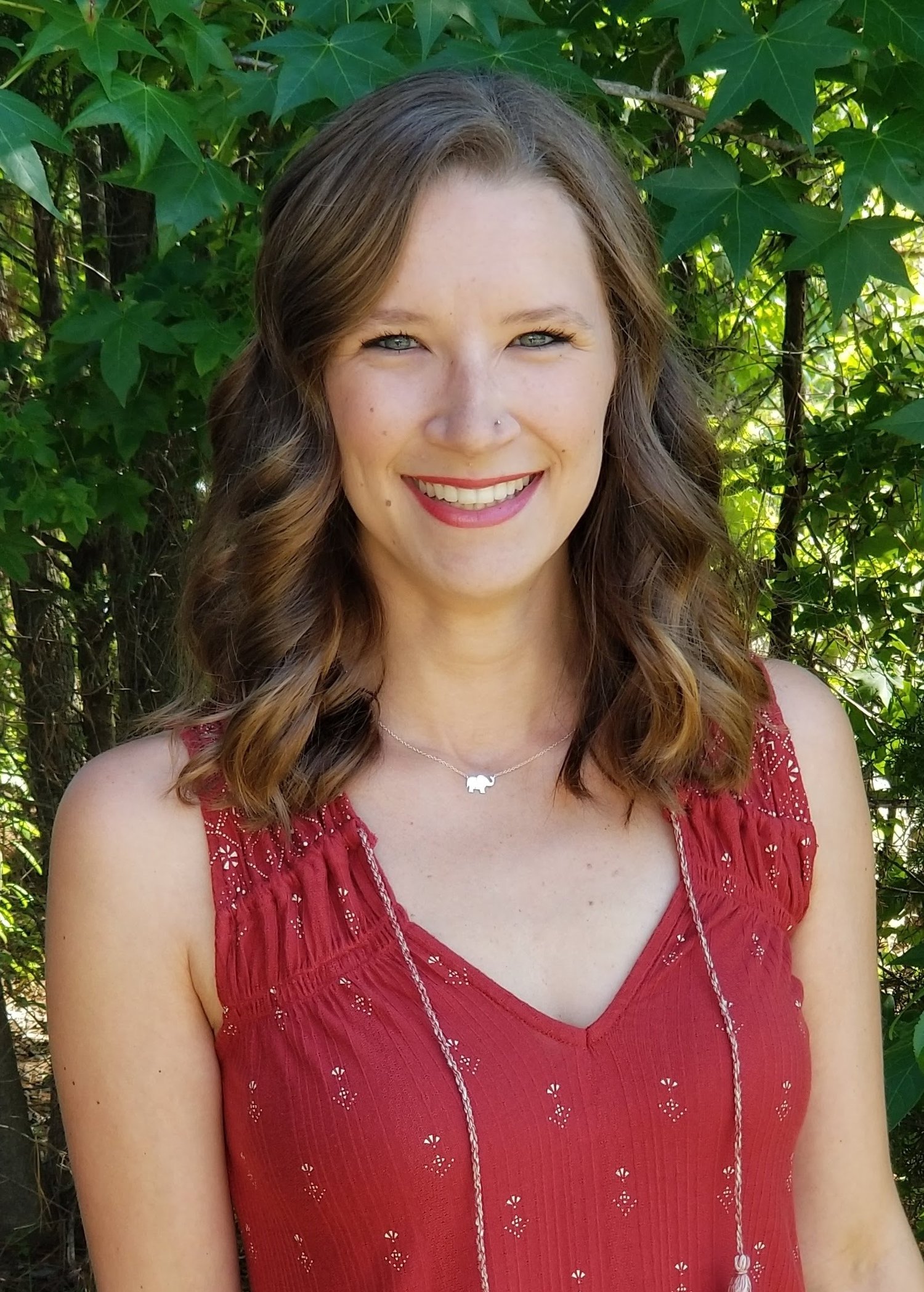Growing up was definitely interesting through the naïve years of elementary and middle school. When kids heard I was adopted, they asked me questions like:
What was it like in the orphanage?
Did you have to scrub floors every day?
Where are your real parents?
Those questions were clearly drawn from the only example of adoption that most kids have: the movie Annie. As a kid, I was offended. Disgusted even. I went home and complained to my parents about how the other kids thought I was homeless, and I didn’t know how to answer them with kindness because the only thing I felt toward them was anger. I thought they were ignorant and rude. It took me some time, and by time I mean years, but now I actually applaud the ones that asked the silly questions. I realize now that these were the kids trying to find common ground. They learn their friend is adopted, so what does that mean? What did she experience before she came to school? The word “adopted” isn’t used in their home, so why would they understand it the way I do?
Those were the 90's, and adoption was not as widely accepted, let alone talked about, as it is today. Parents didn’t have a need to teach their kids about adoption unless it pertained directly to their family. In the scope of adoption, I like to think of my generation as uncharted territory. Many families who chose closed adoption are now pursuing the opportunity to reunite their children with their biological families. How many times did that happen in the 50's? Getting pregnant out of wedlock was so detestable that girls went away for 9 months to have their baby, only to come home and never mention it again. Today, stories of families created through adoption can be smiled upon, and the strength of biological parents can be revered.
Parents have the opportunity to teach their kids about what adoption is because it’s not some horrible, stigmatized thing anymore. Rather, it is a movement to care for orphaned children. It is God's command (James 1:27). I am pleased to be part of a generation that can put the shaming of adoption to rest. I believe we are another day closer to schools introducing adoption to the history curriculum.
Did you know there was a train that literally took orphans across the country in search of a new home? On this "orphan train," children would get off at each stop, line up at the station, and adults would come pick and choose who would be fitting seamstresses, or which boy would lend a good hand on the farm? It is so upsetting to me that our education system hasn't deemed it important enough to be part of school curriculums. Over 250,000 orphans were relocated using this orphan train. That’s a BIG number of children to be traversed across the country and not talked about in schools today. It’s like a piece of our nation’s history got swept under the rug. Until I read a fiction book about it and did my own research, I had no idea such a thing existed. How is it that such a large-scale event missed our history books? Why can’t we teach students about the history of orphan care in their country?
In order to battle the orphan crisis, we must first understand what we're up against. If we're not going to teach it in schools, it's up to the church. God's command was directed to the church. It takes every member of the church to pray about our 7,000 kids in foster care in the state of Arkansas. It takes every member of the church to pray about the 400,000 children waiting for their forever families in the United States. And every member of the church is called to pray about the 153 MILLION orphans worldwide. It's not an impossible command, it is a God-sized command. It takes each and every one of us to get behind it and start making this movement a miracle.
Copyright ©2015
Our voice is stronger together. Will you join me by making a gift today? Learn more here.

